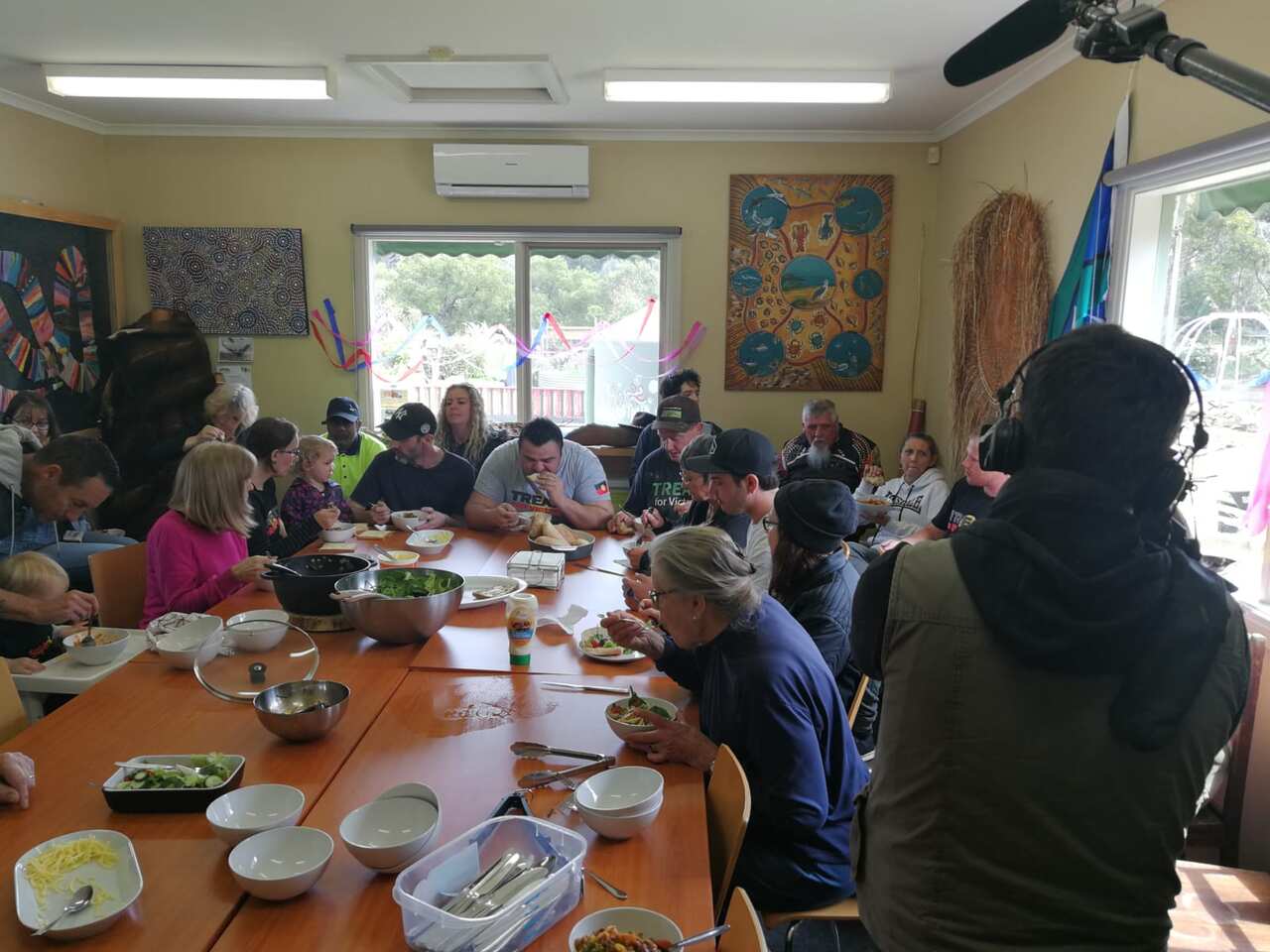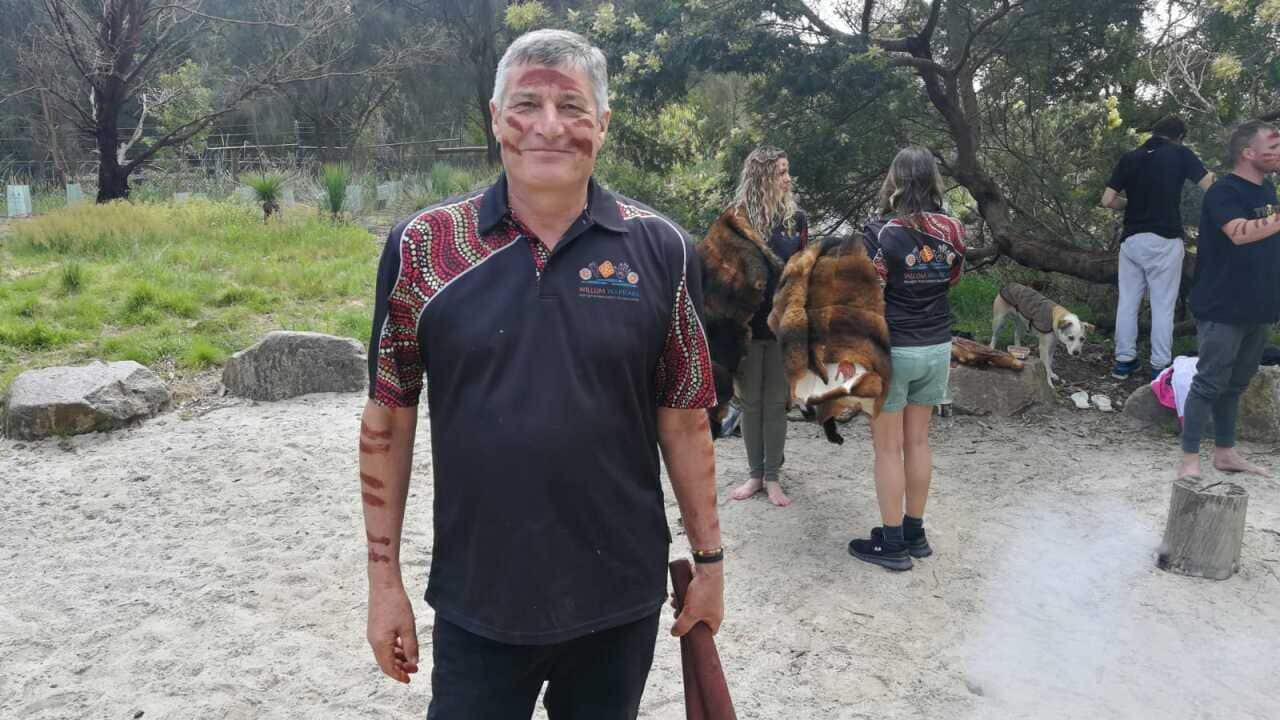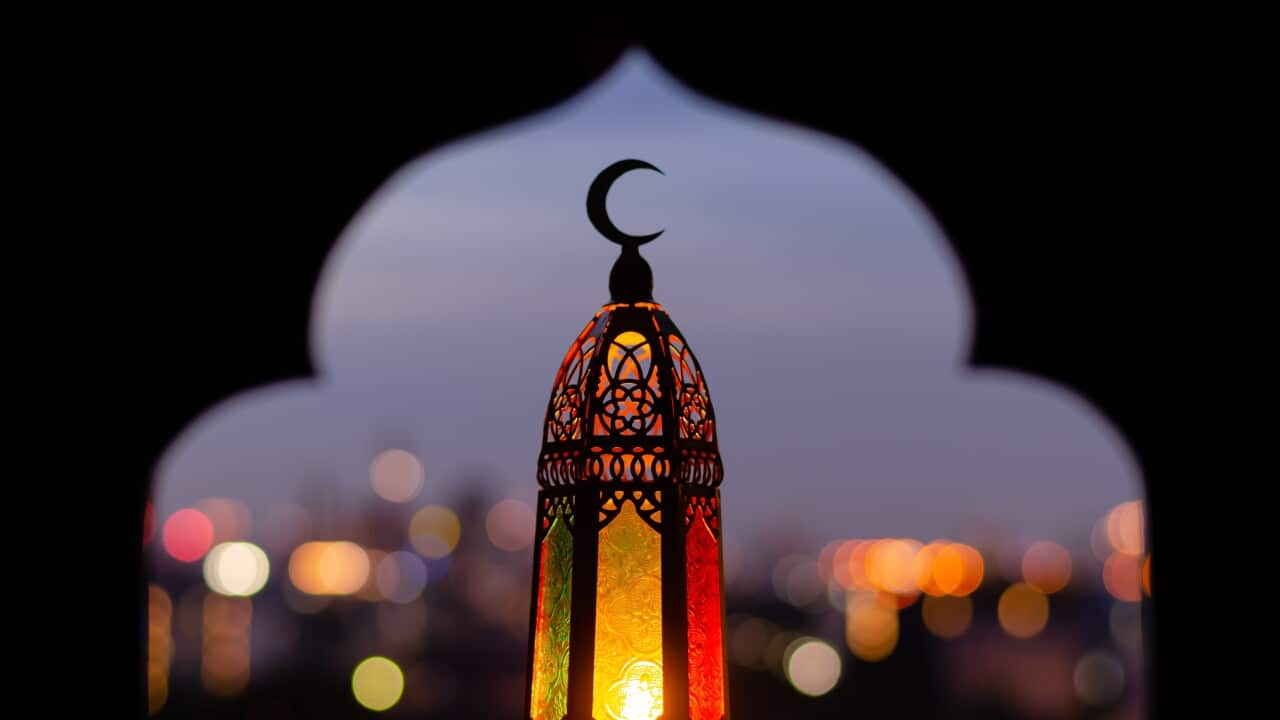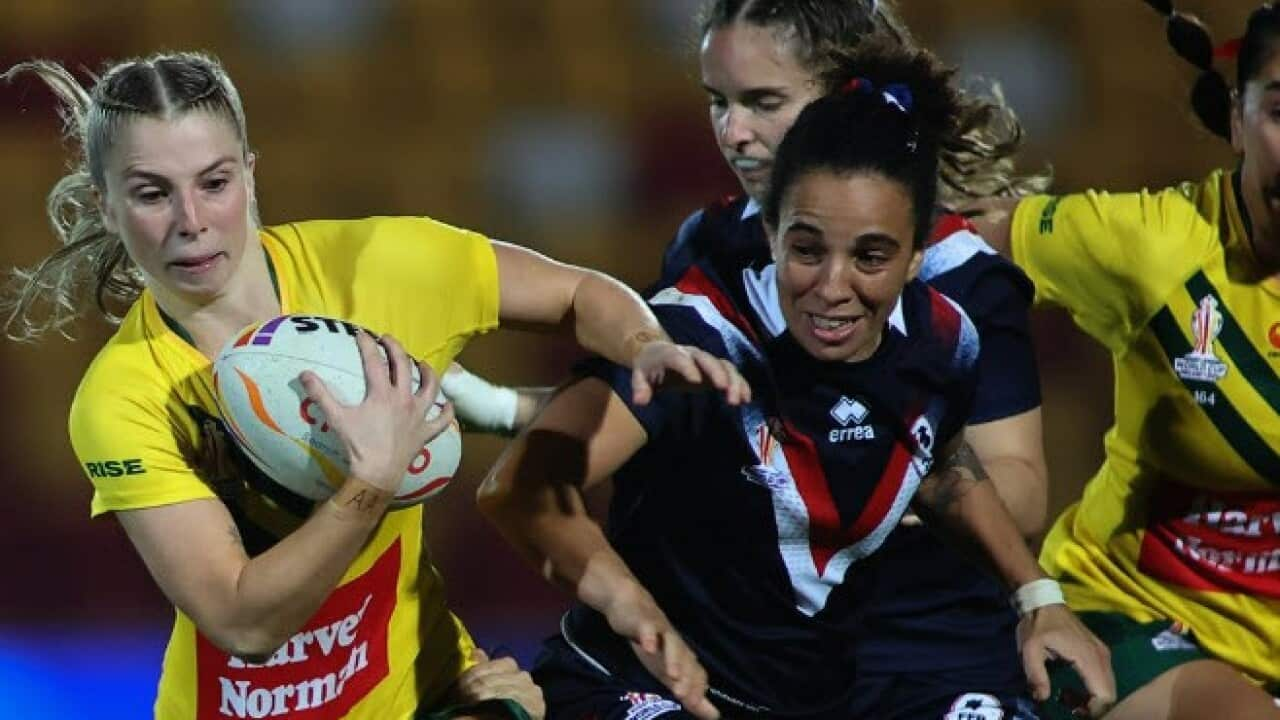Once a month, in Hastings, Victoria the Willum Warrain Community hosts the Big Mob Cook Up as a way to bring the communities together.
‘Willum Warrain’ means ‘Home’ or ‘place by the sea’ in the local Indigenous language of Bunurong. It has 380 Aboriginal members and more than 500 non-Indigenous members. By extension, the centre reckons they are reaching out to more than 4,000 community and family members.
“It’s very important for Aboriginal mobs to come together and to share with non-Indigenous,” says Peter Aldenhoven, the Executive Officer of the association and Quandamooka man.

The centre was officially opened in 2014 on a three-hectare area of a reclaimed shire dump site. Since then the site on Bunurong country has been landscaped and rebuilt with Indigenous plants.
That native flora is used to tell the story of the connections between Aboriginal people and land such as Bunurong country across Australia. It’s a place of belonging and connection for Aboriginal people, as well as a place of healing and cultural strengthening.
The Big Mob Cook Up run by Willum Wirrain is also aimed at making food accessible, simple and easy to prepare. It endeavours to set an example for younger generations in demonstrating that fast food is not the only easy option to feed yourself, and that simple ingredients can also bring joy to the table.
“Food always bring people together,” says Aldenhoven. “It’s just great to sit down and share our stories.”

In fact, Aldenhoven himself has his own interesting cross-cultural connection. He only discovered later in life his family connection to the Quandamooka Indigenous culture.
“There is a bit of an exquisite irony that for most of my life I knew more French than my people’s language,” he says.
He says the Willum Warrain community aims to educate both Aboriginal and non-Indigenous people by running programs for families - fathers, mothers, and kids. It regards itself as a destination for reconciliation. In that, Aldenhoven has some reservations about the way Indigenous Australian history has been taught in the past.
“Education has failed everybody in this country, Aboriginal and non-Indigenous Australians,” he says. “There is a lot of work to be done in Australia around black-white relations and we can all make a country we are proud of - First Australians, honoured by settler Australians, all of us sharing this country. I believe every kid in Australia should learn the local Aboriginal language of the country they live on at school.”




